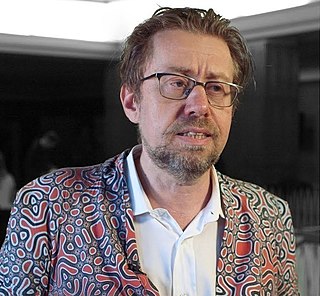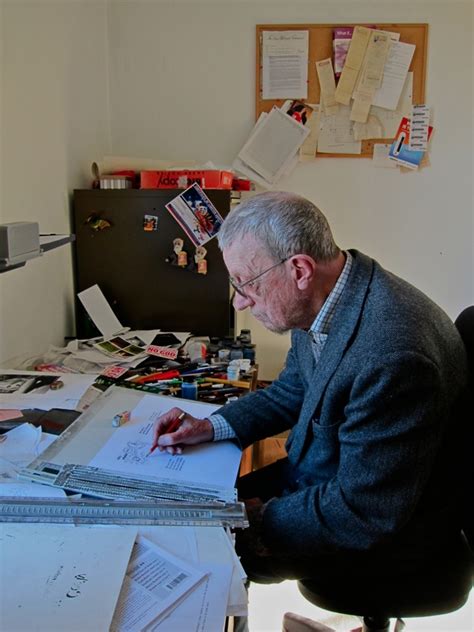A Quote by Tom Hodgkinson
I don't put much faith in the political system because it's a question of how are you going to run capitalism, not how are we going to develop a different system to capitalism.
Related Quotes
Because of my experience in Occupy, instead of asking the question, "Who will benefit from this system I'm implementing with the data?" I started to ask the question, "What will happen to the most vulnerable?" Or "Who is going to lose under this system? How will this affect the worst-off person?" Which is a very different question from "How does this improve certain people's lives?"
To condemn free-market capitalism because of anything going on today makes no sense. There is no evidence that capitalism exists today. We are deeply involved in an interventionist-planned economy that allows major benefits to accrue to the politically connected of both political parties. One may condemn the fraud and the current system, but it must be called by its proper names ? Keynesian inflationism, interventionism, and corporatism.
Capitalism does not permit an even flow of economic resources. With this system, a small privileged few are rich beyond conscience, and almost all others are doomed to be poor at some level. That's the way the system works. And since we know that the system will not change the rules, we are going to have to change the system.
Despite the miracles of capitalism, it doesn't do well in popularity polls. One of the reasons is that capitalism is always evaluated against the non-existent, non-realizable utopias of socialism or communism. Any earthly system, when compared to a Utopia, will pale in comparison. But for the ordinary person, capitalism, with all of its warts, is superior to any system yet devised to deal with our everyday needs and desires.
I find Chinese debates about their political system domestically, but also about China's claims in the international system, to be among the most original and surprising and exciting of our time. The starting point is a system that none of us had anticipated, which I call Leninist capitalism, but also obviously because it is the most important emerging power. The question of China's relations with the United States in particular, and the rest of the world in general, is the question of war and peace in the 21st century.
I think what we're going to ultimately recognize is that capitalism was a transitional and immature system. It got the planet to be globalized and now something else has to emerge. We have to be the ones. We can't wait around. Nobody else is going to do it for us. We have to be the ones who create that new emerging system.
Anarchism is opposed to states, armies, slavery, the wages system, the landlord system, prisons, monopoly capitalism, oligopoly capitalism, state capitalism, bureaucracy, meritocracy, theocracy, revolutionary governments, patriarchy, matriarchy, monarchy, oligarchy, protection rackets, intimidation by gangsters, and every other kind of coercive institution. In other words, anarchism opposes government in all its forms.
I see myself, in terms of the question of capitalism, as I would support democratic socialism over a capitalist system, because any approach... or participatory economics, which is another great model that people like Michael Albert are putting out there... any system that encourages us to think about interdependency, and to be able to use the world's resources in a wiser way, for the good of the whole, would be better for the world than capitalism.
The NHS was hard to deliver, so was the minimum wage. It's time now - we need to have a proper conversation about how much is the individual cost, how much is the burden that we're all going to share together, and how much are we going to put on older adults now versus a future system like national insurance.






































